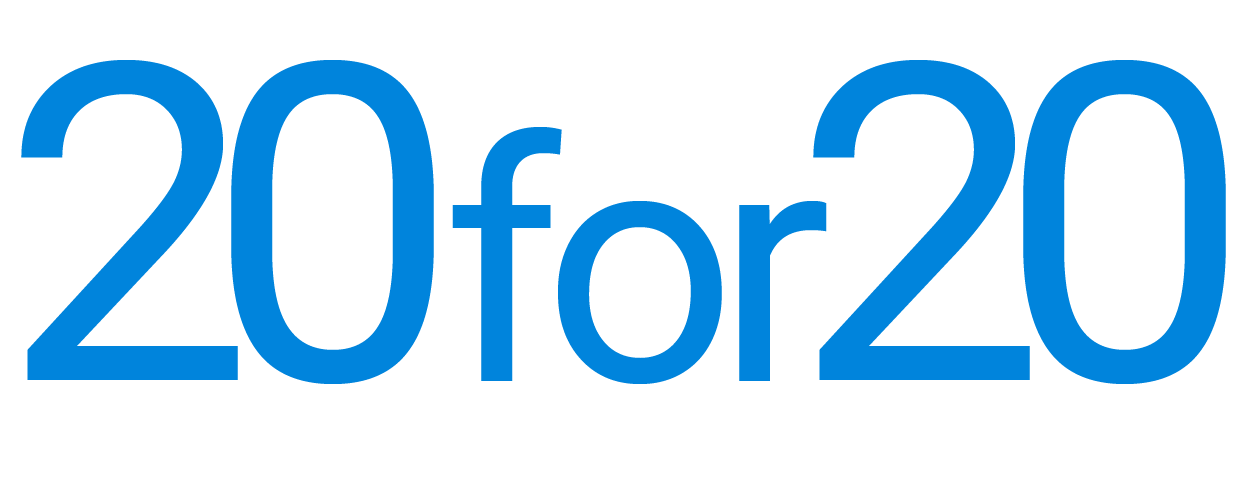
The inaugural Forum—the User Conference of Funnel Leasing—is in the books. I was privileged to take part in a hugely successful event that boasted an impressive attendee list last week at the stunningly beautiful Terranea Resort near Los Angeles.
Terranea holds particular relevance for me—the last time I was there was to run a conference about the convergence of revenue management and marketing under the theme "The new power couple." Last week's deep dive into centralization showcased a convergence of a different sort: Funnel's "Renter management platform" and the changing operating models it supports.
Start with people.
The event started with a workshop that I ran with about 30 operators (some Funnel users, some not) to explore the range of leasing centralization opportunities and the best ways to leverage them. A fascinating three-hour session yielded a wealth of insights. As participants prioritized the elements of centralized leasing, nearly all gravitated toward organizational initiatives over technological ones.
It's tempting to think of centralization mainly in terms of the enabling technology, but it was role definition, organizational development, change management, training, and so on that took priority for this group of experts. A couple of years ago the 20for20 white paper observed that companies making the most progress with centralization were usually the ones that focused on people first.
That fact is not lost on Funnel: the Day Two roadmap presentation announced new functionality that facilitates easy performance benchmarking between centralized and non-centralized properties. Understanding specifically what happens when we centralize property operations seems critical to driving the continuous improvement that centralizing companies strive for.
A keynote panel developed the theme of iteration and improvement. Operators, including Camden and Essex Properties, shared centralization stories, describing an ongoing process. As companies adapt to a more centralized model, new streamlining opportunities emerge. Maintaining team motivation and service levels had been challenging, and both companies shared experiences of temporary dips in customer satisfaction during the early stages. Admirably, they resolved to stay the course, confident that performance would improve, which it did.
Zero-based budgeting for org design
We ventured beyond leasing with a compelling panel on the rapidly evolving topic of admin centralization. Jerry Davis, formerly of UDR, shared the company's experience centralizing its back-office functions. They started by asking, "What would happen if nobody came to work?" That forced them to identify the most critical property tasks, akin to zero-based budgeting for organizational design.
A more radical approach to organizational design exposed opportunities that more incremental approaches miss. Davis spoke of aligning tasks to team members' pay grades. In maintenance, the hardest function to centralize, it led to a broader reallocation of activities. Some were outsourced, and some fell under new, specialized roles. The changes saved money and ultimately improved job satisfaction.
The REIT examples say a lot about the importance and nature of change management. Public REITs are unusually open about the savings they aim to achieve through their operational initiatives. That requires careful management, especially in communicating job changes to employees whose roles will change. Davis emphasized the importance of telling employees what's in it for them. A combination of better compensation, clearer career paths, and more marketable skills can lead to improved retention as the organization evolves.
The messy majority
Some of the most engaging discussions at the event centered on third-party management and, in particular, how to extend the benefits experienced by trailblazing owner-operators to this much larger market. As I have described in these pages, most of our industry consists of relatively small ownership groups that mostly outsource management to fee managers.
Without a REIT's flexibility to reallocate resources across multiple properties in a given geography, owners will increasingly look to their operators to deliver centralization benefits. Taking work off site will entail moving away from the traditional model that allocates full-time equivalents (FTE) to properties and bills them back to ownership. A centralized model will require a different structure.
This year's 20for20 research mentioned multiple fee managers beginning to offer menus of centralized services available on a per unit per month basis, as an alternative to staffing by FTE. While still in its early stages, this model may redefine how third-party management contracts are structured and, in the long run, how third-party management companies operate.
It is also likely that this will start to move a lot quicker once the deal pipeline starts to move more freely again. The natural inertia of existing contracts and proformas may hold back progress, but the inability to offer centralized services will surely become a competitive disadvantage as competition for new contracts heats up again. I expect this trend to unfold over the next 18 months or so as market forces push the industry toward new operating models.
In delivering a highly successful inaugural Forum, the Funnel team has added to the conference circuit a platform to develop mindshare in this fast-moving domain. This first go-around attracted an impressively senior audience (100 or so), representing many of the NMHC top-50 operators. It will be bigger next year, so mark your calendars!
I applaud CEO, Tyler Christiansen and his team for an excellent event and for doing more than any other company to push the most important conversation in property management today.



